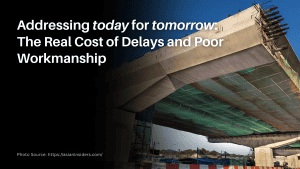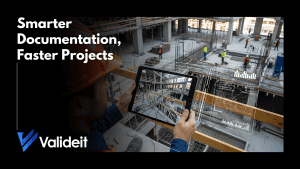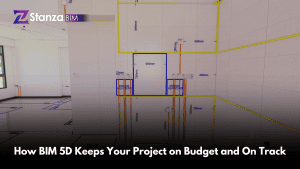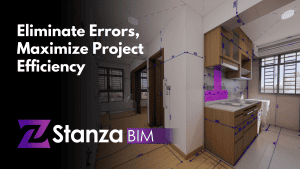Cost overruns are a prevalent challenge in the built industry that can derail even the most meticulously planned projects. Comprehensive project planning and scheduling is one of the most effective strategies to mitigate these budgetary issues. With the advent of advanced technologies, notably Project Management Common Data Environment (CDE) software, the construction industry now has powerful tools to enhance planning and scheduling processes, significantly reducing the risk of cost overruns.
Effective project planning and scheduling are critical for successfully executing construction projects. They provide a roadmap outlining every project phase, relieving the stress and pressure of uncertainty. This systematic approach helps identify potential risks, allocate resources efficiently, and set realistic timelines. It is a reassuring strategy for preventing delays, resource shortages, and other issues commonly leading to cost overruns.
Cost overruns in construction can result from a variety of factors. Design changes often significantly impact the budget, as modifications to the original plan usually necessitate additional work and materials. Inaccurate estimates also play a major role; poorly estimated labor, materials, and equipment costs often lead to budget discrepancies. Unforeseen site conditions, like poor soil quality or hidden utility lines, can cause project delays and additional expenses. Inefficient resource allocation is another common issue; mismanagement of labor, materials, and equipment can lead to wasted resources and increased costs.
Amid these challenges, Project Management CDE software has emerged as an assisting tool for Project Planning and Scheduling in the construction industry. These platforms provide a centralized repository for all project-related data, enhancing stakeholder collaboration and communication. This technology offers comprehensive solutions for effective planning and scheduling, helping to avoid cost overruns in several ways.
CDE software improves accuracy in cost estimation by integrating historical data and sophisticated algorithms. This approach allows for more realistic budgeting by analyzing previous projects and current market conditions. Enhanced scheduling capabilities are another significant benefit. Advanced scheduling tools within CDE software enable the creation of detailed project timelines. Features such as Gantt charts and critical path analysis help identify the most efficient sequence of tasks, ensuring timely project completion.
CDE software’s real-time monitoring and reporting capabilities are invaluable. These tools provide up-to-date information on task completion and resource utilization, allowing project managers to quickly determine and manage potential issues before they escalate into costly delays. The software also aids in risk management by identifying potential risks as early as the planning phase. Project managers can develop contingency plans to mitigate risks effectively by simulating various scenarios and their potential impacts.

Furthermore, enhanced collaboration facilitated by CDE platforms ensures a sense of unity and shared responsibility among all stakeholders, including architects, engineers, contractors, and clients. This level of collaboration is crucial in reducing misunderstandings and errors that can lead to cost overruns. When everyone is on the same page, the project runs more smoothly and efficiently, fostering a stronger sense of teamwork and shared goals.
Project planning and scheduling are pivotal in preventing cost overruns in construction projects. Integrating Project Management CDE software into these processes offers a robust solution, empowering construction professionals with enhanced accuracy, efficiency, and collaboration. By leveraging these advanced tools, they can ensure better resource management, timely project delivery, and significant cost savings.










